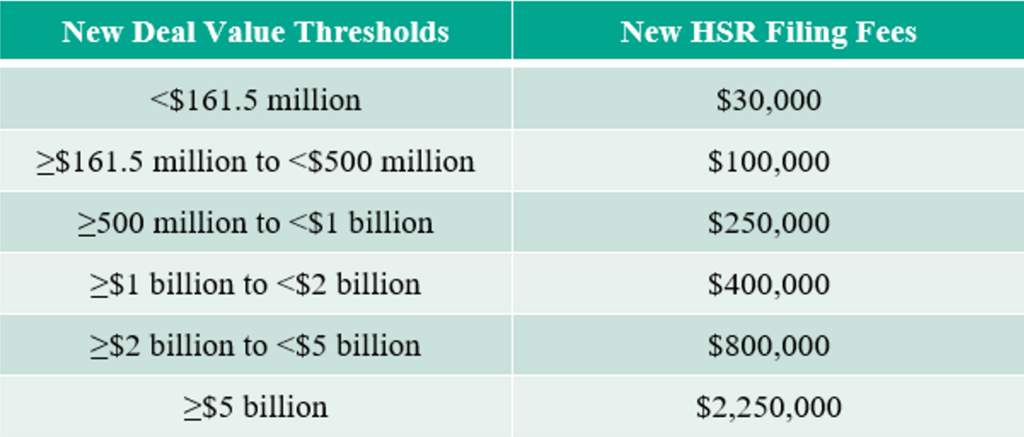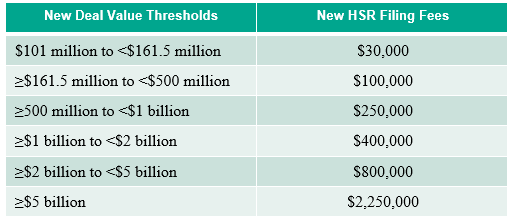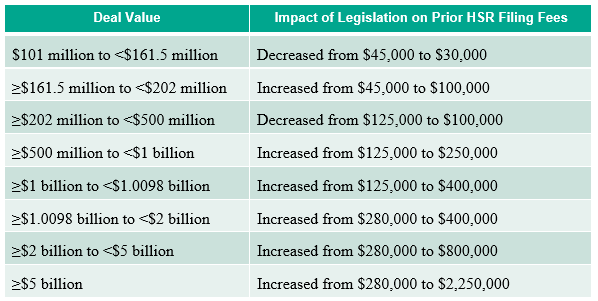The Trump administration has initiated significant changes in antitrust policy through key appointments and policy announcements. The administration announced that the Federal Trade Commission (FTC) and US Department of Justice (DOJ) will continue using the 2023 Merger Guidelines and expressed support for new Hart-Scott-Rodino (HSR) rules. Additionally, the FTC outlined its goals, which include improving the merger review process by moving more quickly, accepting settlements where warranted, and combating Big Tech censorship.
read more

 Subscribe
Subscribe





